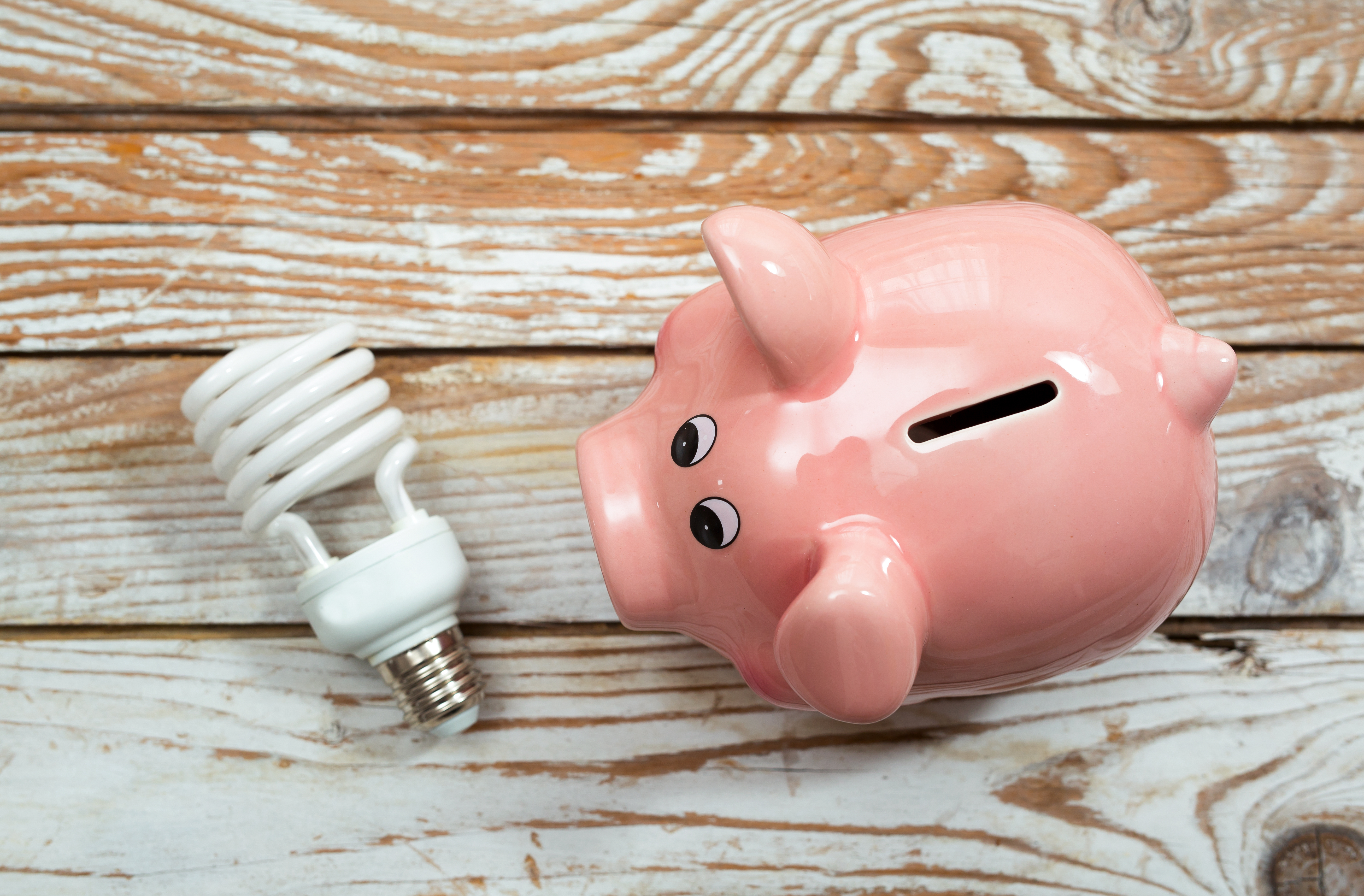Learn What Mortgage You Can Afford and Let’s Go Home!

You’ve got questions… we’ve got answers!
Question from a potential homeowner:
My wife and I have been saving up for a house for a few years now. We’ve got a good bit in savings for a down payment and think we’re ready to start the process. I’m wondering, though, aside from the down payment amount, what factors will affect what mortgage I can prequalify for?
Answer: Great mortgage question! Thanks for asking!
When looking at a mortgage, there’s actually a number of factors that can affect whether you qualify. Some are more obvious, such as your income and your down payment, as you mentioned; however, others you might not have considered, such as your credit history and the “front-end ratio.” Here are six factors lenders consider:
- Income: First and foremost, lenders will look at your overall gross income or after-taxes income. In addition to income, lenders will also want to know how much your expenses are each month so they can easily calculate how much is available to go toward your mortgage.
- Debt: Similar to expenses, lenders will want to know what other debt you have—credit card, student loan, car, etc.—before assuming you can take on more debt in the form of a mortgage. They’ll calculate your debt-to-income ratio (the amount of debt you owe monthly divided by your monthly income) to get a percentage. Typically, lenders look for a debt-to-income ratio of one-third or less of your monthly income.
- Front-End Ratio: The front-end ratio looks at how much your housing payments (principal, interest, property taxes, insurance, and other related expenses) relate in comparison to your income. This percentage helps you and lenders better determine your mortgage budget.
- Credit Score: Like any situation that involves borrowing money, your credit score helps lenders better understand how “risky” you are as a borrower. FICO credit scores range from 300 to 850—the closer to 850, the better. However, having a low credit score doesn’t mean you won’t be considered, since, as you can see, there are a number of other factors to consider.
- Credit History: In addition to your credit score, lenders may look at your full credit history to get an idea of how you are when it comes to repaying debt. Your credit report will let them know how often you’ve made late payments, if you’ve ever defaulted before, how quickly you’ve paid down debt, how much debt you’ve carried and for how long, and more. Overall, it serves to tell lenders how reliable you are when it comes to making payments.
- Down Payment: Last, but certainly not least as you know is your down payment. Having a larger down payment means you’ll likely have a smaller mortgage and/or have some leeway if you’re eyeing a more pricey house with a bigger mortgage. While most lenders recommend 20 percent of the costs for a down payment, some lenders work within your budget and accept down payments as small as three percent.
As you can see, there are a number of factors that affect what mortgage you might qualify for. So if you don’t have a perfect credit score or you haven’t saved up 20 percent, don’t fret. A good lender will look at all of these factors as a whole and help you find the mortgage that’s right for you. Vylla offers residential mortgage lending and brokerage services, buyer pre-qualification of mortgages, mortgage planning and lending, and is here to help you with the home buying, even if you have consumer credit issues that require financial consulting services. Visit us at Vylla.com to explore your loan options and find a mortgage that could be right for you! Once you qualify for a mortgage, you can find your dream home, close and own.


